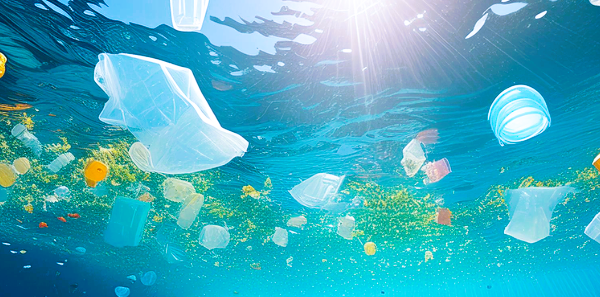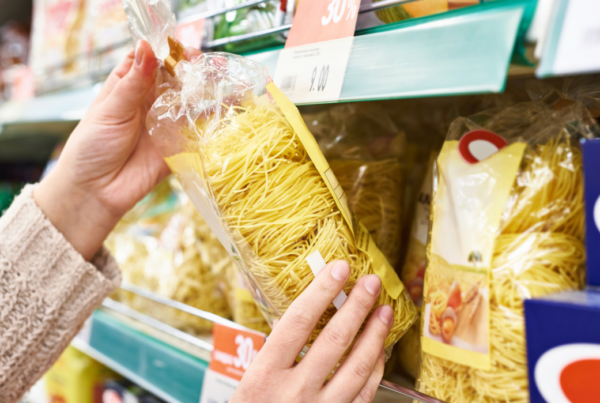Pressure on brands and retailers to reduce plastic use risks disrupting paper recycling and stifling innovation, warns Aquapak.
- Current labelling proposals are not enough to drive real change and improve recycling rates
- Aquapak calls on the Government to consider an alternative model
- New whitepaper explores how recyclability can be designed into fibre-based packaging using commercially available, fully soluble bio-digestible barrier materials
Recycling labelling proposals from the UK Government risk disrupting the paper recycling stream, which currently operates efficiently, and shutting out much-needed innovation which can provide a route to genuine recycling with the increased use of coated paper.
This is the warning from Aquapak, the polymer technology specialist, as it publishes a new whitepaper which explores how recyclability can be designed into fibre-based packaging using fully soluble bio-digestible barrier systems.

The pressure on brands and retailers to reduce plastic use has meant a drive towards paper-based packaging which has a good pedigree when it comes to sustainability and recycling and is perceived positively by consumers. However, the coatings required to give paper the packaging functionality required for food, drink and household goods, are not easily recyclable and mean that the paperboard is rejected because paper mills cannot process the paper and plastic combinations. Instead, they are incinerated or go to landfill.
Aquapak is concerned that the current labelling proposals are a compromise to continue the use of existing materials but are not enough to drive real change and improve recycling rates. This is because the recyclability definitions have the potential to shut out much-needed innovation which can provide a route to genuine recycling even with the increased use of coated paper.
It is, therefore, calling on the Government to consider an alternative model to the ‘percentage plastic used’ in paper packaging such as the percentage paper recovered model favoured by Italy and Germany, for example. This will encourage the design of paper and board-based packaging for recycling and supports the circular economy by keeping more paper fibre in use.
John Williams, Chief Technical Officer at Aquapak and co-author of the first in this series of whitepapers on this subject, comments: “It is very positive that the Government is looking at material waste streams but there is a risk that the one-size fits all approach will mean a disconnect between what recyclability means and what is physically possible to recycle.
“We are concerned that items under the % will now be considered recyclable, skewing recycling figures and leaving the paper mills to deal with more rejects and waste. The ‘fully recyclable’ claim effectively becomes ‘green wash’ – as even paper combined with a very low levels of unrecyclable plastic will be rejected.
“The industry needs to choose the right materials in the first place and construct materials differently to provide the functionality needed but also with end of life and 100% recyclability in mind. This creates the genuine circular economy and value chain.”
Key findings highlighted by the whitepaper
- There is a need to focus on existing solutions to recycling and using established infrastructure more effectively.
- The industry needs to change materials but still provide completely functional packaging in terms of product protection, safety, and ease of use.
- Packaging needs to be recognisable to the consumer as recyclable and accepted by collection schemes.
- There needs to be value/financial incentive for the waste industry – it needs to be easy to separate and then sold to paper mills who can then claim 100% of the fibre back, completing the circular economy.



